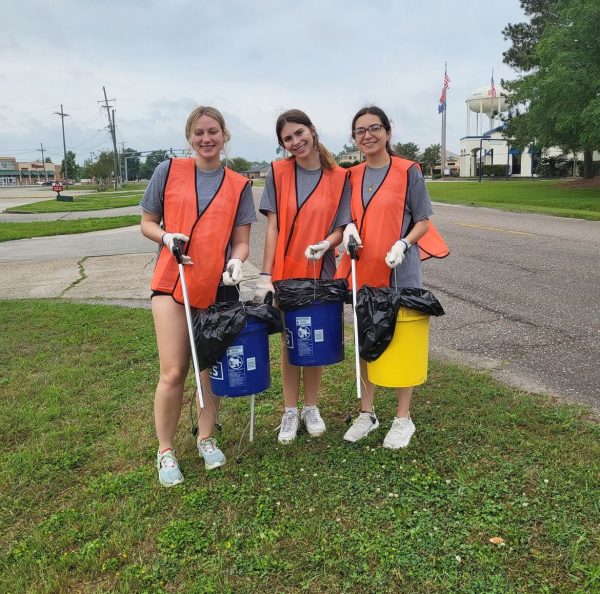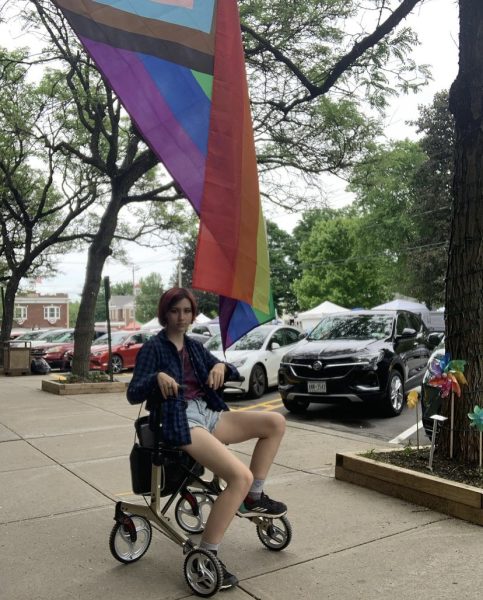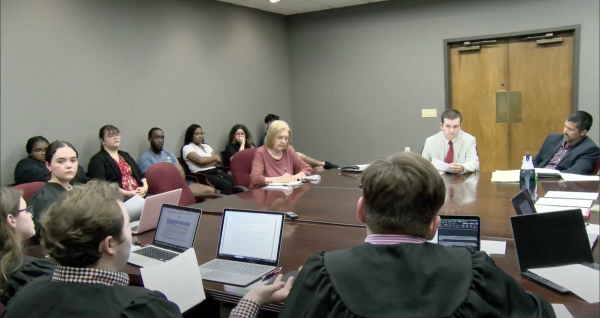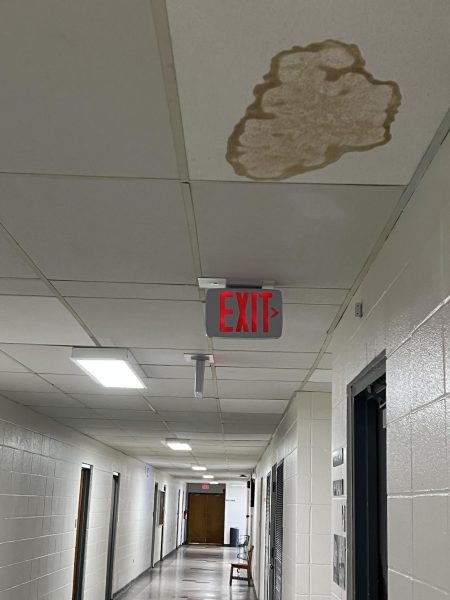Use of Free Speech Alley declines
The use of Free Speech Alley has declined over the years as students find new ways to voice their opinions.
The Student Government Association erected the Free Speech Alley podium in 1994 in front of the Bollinger Memorial Student Union. The SGA hosted different events which encouraged students to take advantage of the space to voice their opinions. In 2005, students who used Free Speech Alley were entered into a raffle for a chance to win the SGA president’s parking spot. This was the last year that SGA used this type of incentive to encourage students to use Free Speech Alley. 2009 was the last time an event was hosted at Free Speech Alley with a group of art students hosting a rally protesting budget cuts.
Other schools such as Louisiana State University and West Virginia University have faced backlash for designating “free speech zones.” Critics argue that the existence of “free speech zones” turns the rest of the campus into censorships zones. In the case of West Virginia University, after receiving a complaint from the Foundation for Individual Rights in Education (FIRE) the school agreed to change its free speech policy. LSU was also forced to amend its policies after FIRE showed that schools cannot punish students for rallying in areas outside of these “free speech zones.”
FIRE argued that such policies violated the United States Constitution and the role that universities serve in a free society.
“The irony of this policy is that the societal function of the university, in any free society, is to serve as the ultimate ‘“Free Speech Zone,”” FIRE stated.
The FIRE complaint continued, “By limiting free speech to a tiny fraction of campus, you send the message that speech is to be feared, regulated and monitored at all times. This message is utterly incompatible with a free society and stands in stark opposition to the ideals of higher education.”
Dr. Joseph “Rusty” Thysell Jr., a government and social sciences, professor agrees that universities play an important role in exposing students to different ideas.
“Universities by their very nature are supposed to encourage a free exercise of ideals, concepts and views,” Dr. Thysell said.
Many students simply do not know that Free Speech Alley exists. Adam Lefort, SGA president admits to not knowing about Free Speech Alley when he first attended Nicholls, “I didn’t know about it until I first joined SGA,” Adam LeFort.
Lefort thinks that students today simply have a different way of voicing their opinions.
“It could be the overall moral of the university, of them wanting to have their problems solved without having to be so vocal,” LeFort said.
Lefort continued, “It’s a different time compared to ten years ago. Students want to be approached in a different way.”









![Nicholls Garrett Felix [#6] advances to first base after drawing a walk against Louisiana on April 2.](https://thenichollsworth.com/wp-content/uploads/2024/04/FelixWalk-at-UL-600x400.jpg)
